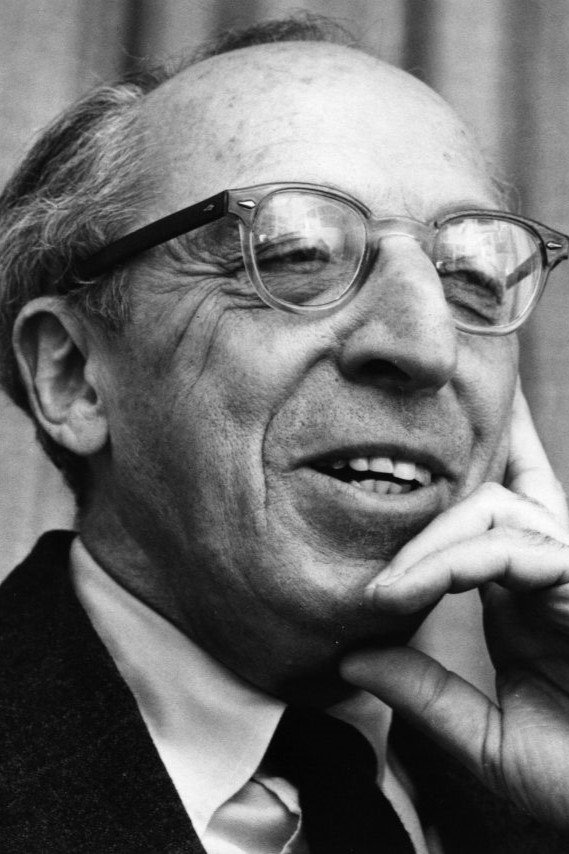
A look at the activities of the Tanglewood Music Center, America's renowned summer Academy for talented musicians, singers, composers and conductors.
Copland himself is the key explicator of his own extraordinary musical career, from piano lessons in Brooklyn and study with Nadia Boulanger, a fling as a wild-eyed modernist, and finally to his preeminence in the American musical world. The program features a wealth of Copland music, including ballet sequences with Agnes de Mille dancing in Rodeo and Martha Graham in Appalachian Spring, scenes of Copland conducting, and interviews with Leonard Bernstein and Ned Rorem, who said of Copland, "He invented out of whole cloth what it means to be American." Written by Vivian Perlis and produced by Ruth Leon.
Aaron Copland (November 14, 1900 – December 2, 1990) was an American composer, composition teacher, writer, and later a conductor of his own and other American music. Copland was referred to by his peers and critics as "the Dean of American Composers". The open, slowly changing harmonies in much of his music are typical of what many people consider to be the sound of American music, evoking the vast American landscape and pioneer spirit. He is best known for the works he wrote in the 1930s and 1940s in a deliberately accessible style often referred to as "populist" and which the composer labeled his "vernacular" style. Works in this vein include the ballets Appalachian Spring, Billy the Kid and Rodeo, his Fanfare for the Common Man and Third Symphony. In addition to his ballets and orchestral works, he produced music in many other genres, including chamber music, vocal works, opera and film scores. Description above from the Wikipedia page Aaron Copland, licensed under CC-BY-SA, full list of contributors on Wikipedia.
By browsing this website, you accept our cookies policy.